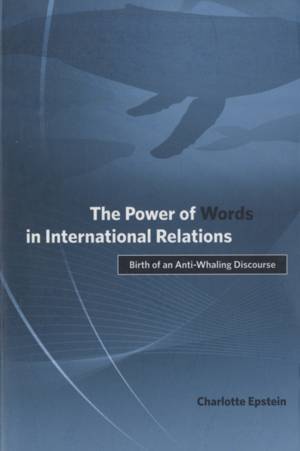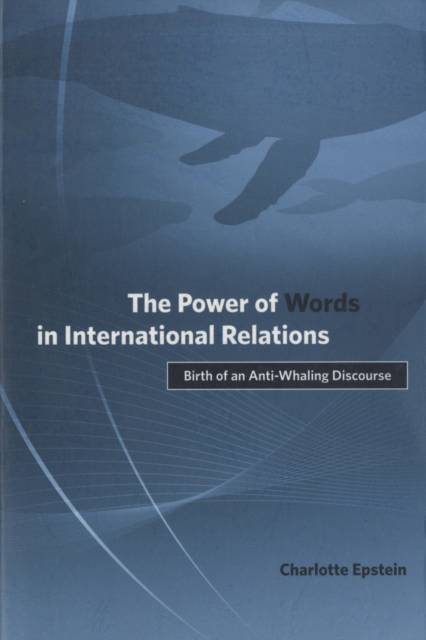
- Retrait gratuit dans votre magasin Club
- 7.000.000 titres dans notre catalogue
- Payer en toute sécurité
- Toujours un magasin près de chez vous
- Retrait gratuit dans votre magasin Club
- 7.000.000 titres dans notre catalogue
- Payer en toute sécurité
- Toujours un magasin près de chez vous
Description
The role of discursive power in shaping international relations analyzed through the lens of whaling politics.
In the second half of the twentieth century, worldwide attitudes toward whaling shifted from widespread acceptance to moral censure. Why? Whaling, once as important to the global economy as oil is now, had long been uneconomical. Major species were long known to be endangered. Yet nations had continued to support whaling.
In The Power of Words in International Relations, Charlotte Epstein argues that the change was brought about not by changing material interests but by a powerful anti-whaling discourse that successfully recast whales as extraordinary and intelligent endangered mammals that needed to be saved. Epstein views whaling both as an object of analysis in its own right and as a lens for examining discursive power, and how language, materiality, and action interact to shape international relations. By focusing on discourse, she develops an approach to the study of agency and the construction of interests that brings non-state actors and individuals into the analysis of international politics. Epstein analyzes the "society of whaling states" as a set of historical practices where the dominant discourse of the day legitimated the killing of whales rather than their protection. She then looks at this whaling world's mirror image: the rise from the political margins of an anti-whaling discourse, which orchestrated one of the first successful global environmental campaigns, in which saving the whales ultimately became shorthand for saving the planet.
Finally, she considers the continued dominance of a now taken-for-granted anti-whaling discourse, including its creation of identity categories that align with and sustain the existing international political order. Epstein's synthesis of discourse, power, and identity politics brings the fields of international relations theory and global environmental politics into a fruitful dialogue that benefits both.
Spécifications
Parties prenantes
- Auteur(s) :
- Editeur:
Contenu
- Nombre de pages :
- 333
- Langue:
- Anglais
- Collection :
Caractéristiques
- EAN:
- 9780262550697
- Date de parution :
- 01-11-08
- Format:
- Livre broché
- Format numérique:
- Trade paperback (VS)
- Dimensions :
- 155 mm x 227 mm
- Poids :
- 462 g







